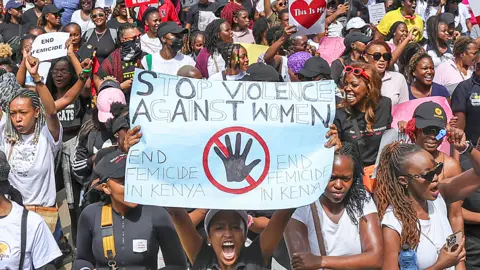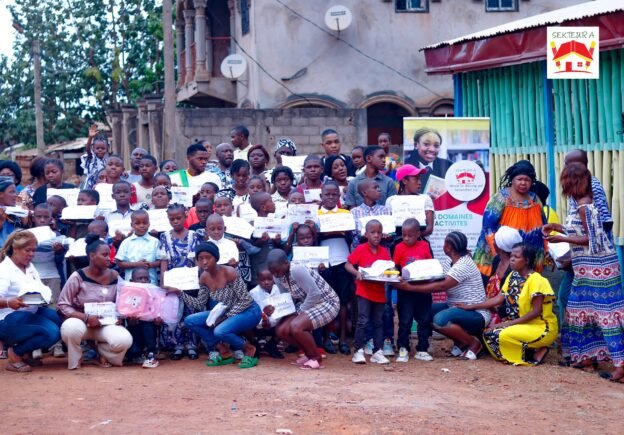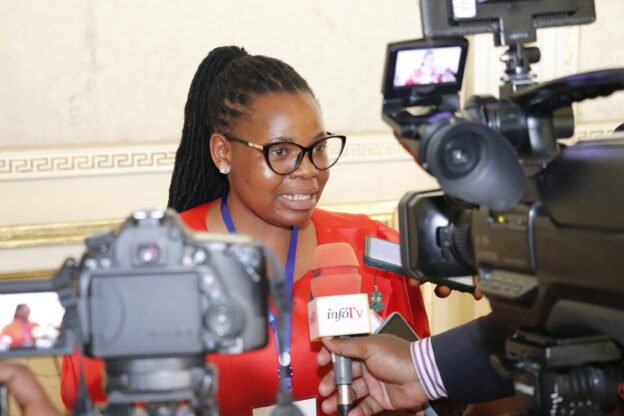Nairobi, 11 September 2024 – The International Planned Parenthood Federation Africa Region (IPPFAR) notes with grave concern the alarming rise of femicide across Africa, underscored by the recent murder of Ugandan Olympic athlete Rebecca Cheptegei by her former partner. This tragic killing is a stark reminder of the growing epidemic of violence against women on the continent and globally.

Femicide—the gender-based killing of women—is rooted in systemic misogyny and patriarchy. According to UN Women, 89,000 women and girls were murdered globally in 2022, the highest figure recorded in 20 years, however it is likely that these figures are significantly underreported. Furthermore, the African continent has the highest rate of femicide globally. More than half of these women were killed by intimate partners or family members, and this violence continues to thrive under a global culture of impunity.
“Violence against women and girls is among the least prosecuted and punished crimes in the world,” noted the UN Assembly (Resolution no. 70/176). This impunity must stop, and Governments must take immediate steps to address the issue.
Marie-Evelyne Petrus-Barry, IPPF Africa Regional Director, states, “Femicide is not just a women’s issue—it is a human rights issue. Governments must invest in women-led strategies that have proven to prevent violence against women and girls and hold perpetrators accountable. The lack of standardized data and consistent reporting across regions only perpetuates this crisis. Additionally, marginalized women, such as LGBTIQ+ individuals, women with disabilities, female sex workers, and women living in precarious situations such as refugees and internally displaced women, face a heightened risk of femicide. The lives of women and girls are at stake, and the time for action is now”.
Patriarchy fuels femicide, and when combined with systematic issues such as capitalism, poverty, unemployment, and a lack of support systems geared toward girls and women, results in the marginalization and ongoing violence against women, girls, and gender-diverse individuals.
IPPFAR, through the Feminist Opportunities Now (FON) Project—funded by the French Development Agency and French Ministry of European and Foreign Affairs—provides financial and technical assistance to feminist civil society organizations working to end gender-based violence and achieve gender equality. Collaborating with women’s rights organizations like Feminists in Kenya, The Wangu Kanja Foundation, Smart Ladies Youth Initiative, FON and IPPFAR are committed to dismantling discriminatory gender norms, engaging men and boys in the fight against patriarchy, and advocating for systemic change.

Tatiana Gicheru from Feminists in Kenya, an organisation supported by the FON Project, shares her frustration: “Feminists in Kenya recognizes femicide as a violent manifestation of patriarchal power, and we remain dedicated to dismantling structures that enable all forms of violence against women in all their diversities. We urge the Kenyan Government to act decisively on our demands shared during the 2019 and 2024 nationwide anti-femicide marches. Enough is enough!”
IPPF Africa and its partners urge Governments across Africa and the world to act decisively to end femicide.




